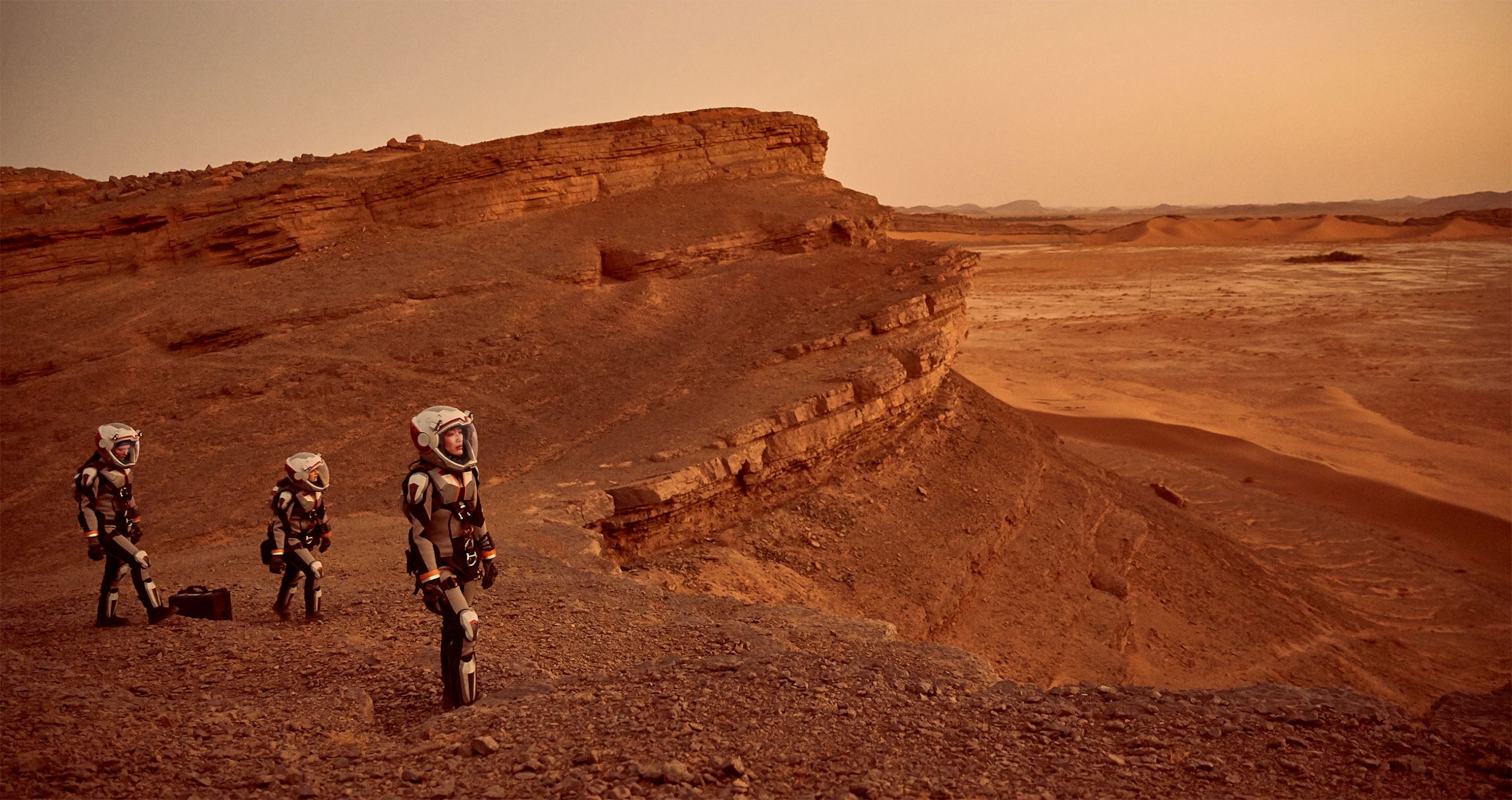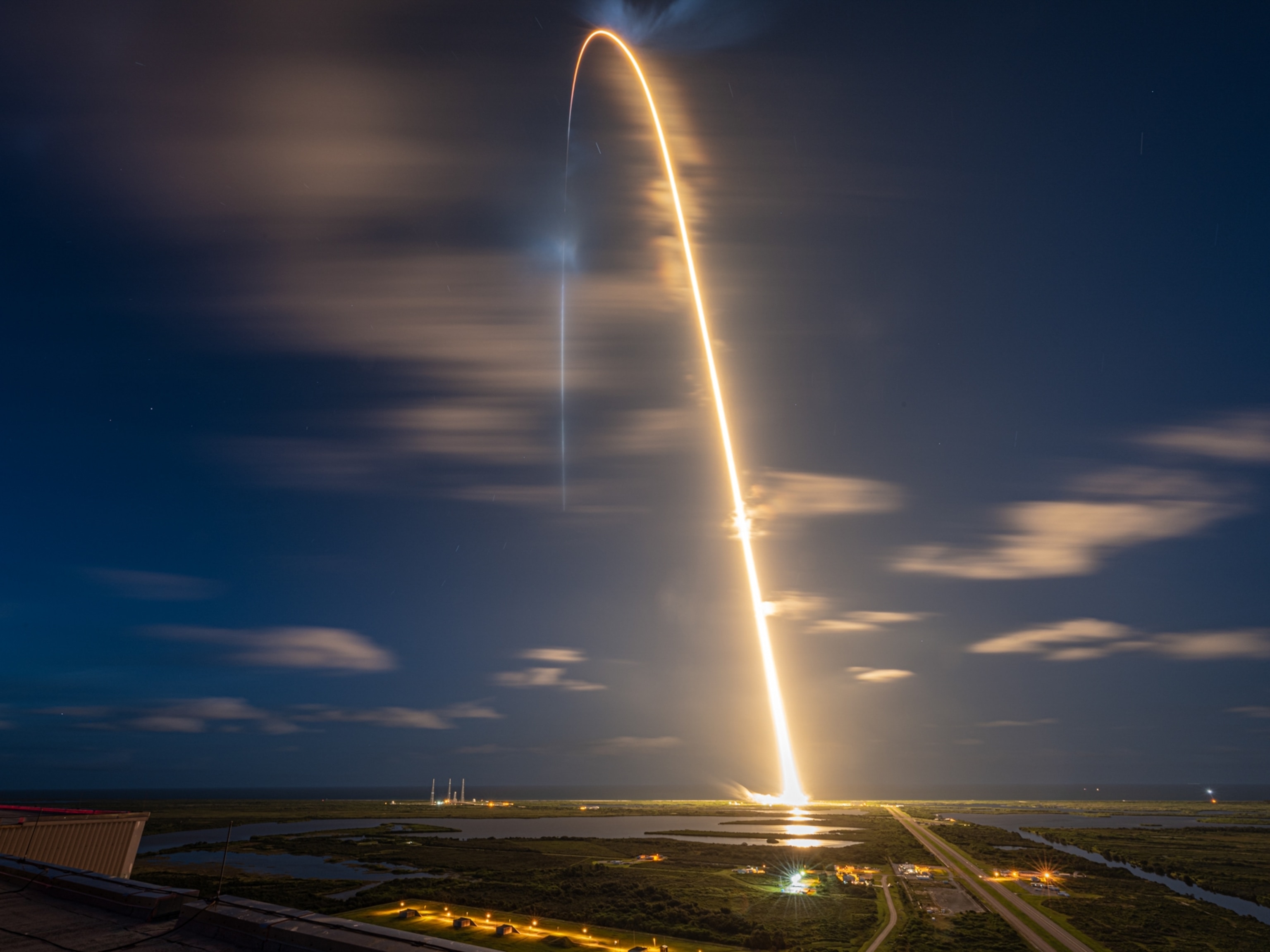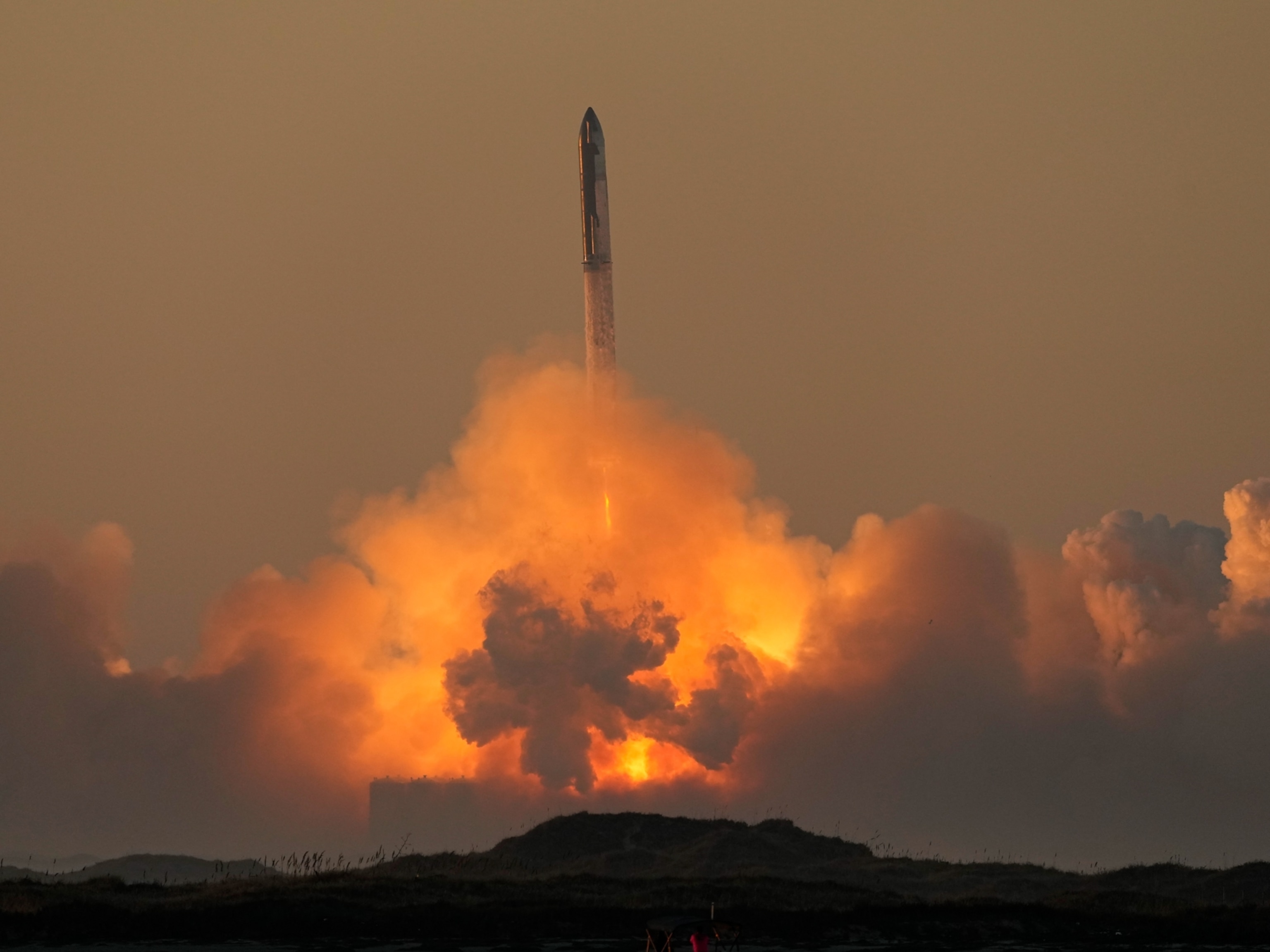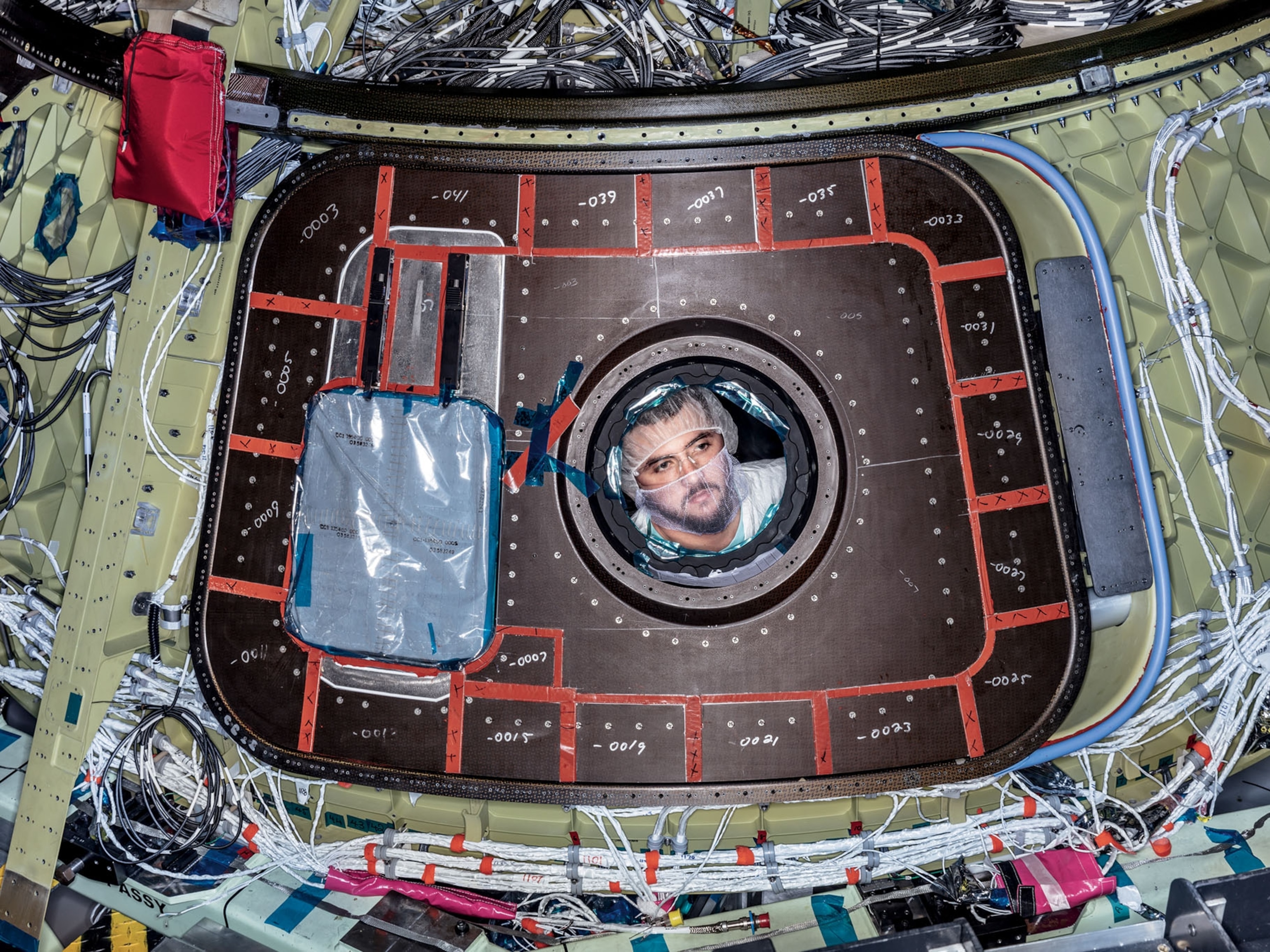
Mars Quest Reminds Us What Can Happen When We Work Together
Spaceflight is a powerful signifier that achieving ambitious goals requires diverse contributions. In short, “it takes all of us.”
By the end of a week in which our country’s divisions seemed so painfully exposed, hope seemed scarce and nearly out of reach.
But I found a salve in an unlikely place: I witnessed a powerful reminder of how strong and stunningly uplifting a united humanity can be.
That reminder came during the screening of a TV series about the first humans to walk on the surface of Mars. It revolves around a fictional narrative, set in 2033, which focuses on the first six-member crew that dares set boot on the red planet. Those crew members—three male, three female, from all over the world—have been sent into space not by any single nation, but by an international space federation.
It’s a story that’s filled with soul, hope, and bravery—and even better, it’s grounded in the reality of 2016, where governments and spaceflight companies are working toward sending humans to Mars and collectively achieving something that no person can do alone. Interspersed with the fictional narrative, documentary-style interviews with people such as Elon Musk and Peter Diamandis describe the biological and technological challenges of traveling into deep space—challenges that can and are being tackled cooperatively.
The story National Geographic is telling in its MARS series is about what the collective will of humanity can accomplish—the biggest, grandest goals that are only attainable if we join forces rather than focus on our differences.
It’s a sentiment that Dava Newman, NASA’s deputy administrator, echoed when we spoke on November 10 about how to energize and include the kids of “the Mars generation” in the ongoing quest for Mars. “The message that I have is that they’re all welcome and there’s a place for them,” she said. “It takes all of us.”
At our best, we are a species that is confoundingly altruistic, clever, and brave. Many people individually embody those qualities, but often, there’s no better place to watch them collectively at work than when we attempt to understand the universe in which our fragile planet exists.
Here’s where we cast not only our eyes, but our minds and bodies to the cosmos, daring ourselves and our constructions to survive an environment that simply was not meant for things of this Earth. It’s as if, as we ponder the vastness of everything beyond Earth, we simultaneously recognize both our overwhelming weaknesses and collective strength.
Sure, space programs are flawed and vulnerable to greed and politics, just like any other enterprise.
But space exploration, whether human or robotic, is not an endeavor that can succeed in a fractured society. It demands synergism among people, teams, agencies, nations, and cooperation and competition fueled by a singular, shared, larger goal. That goal might be selfish—for example, the continued survival of our species—but it will never be achieved without sacrifice.
I really needed the reminder that together, we can accomplish uplifting and monumental things. I found that reminder in a story about the greatest cooperative adventure ever conceived. You may find your own reminder somewhere else, but they’re out there, whether among the stars, in some cooperative endeavor in your own workplace, or among your friends and family supporting the causes they believe in.
What MARS brought me back to, in an unexpected way during a tumultuous week, is the power of the human spirit: Our strength, our resilience, our choice to connect rather than cleave, the value of having a shared goal. Today, my heart is a bit lighter.





